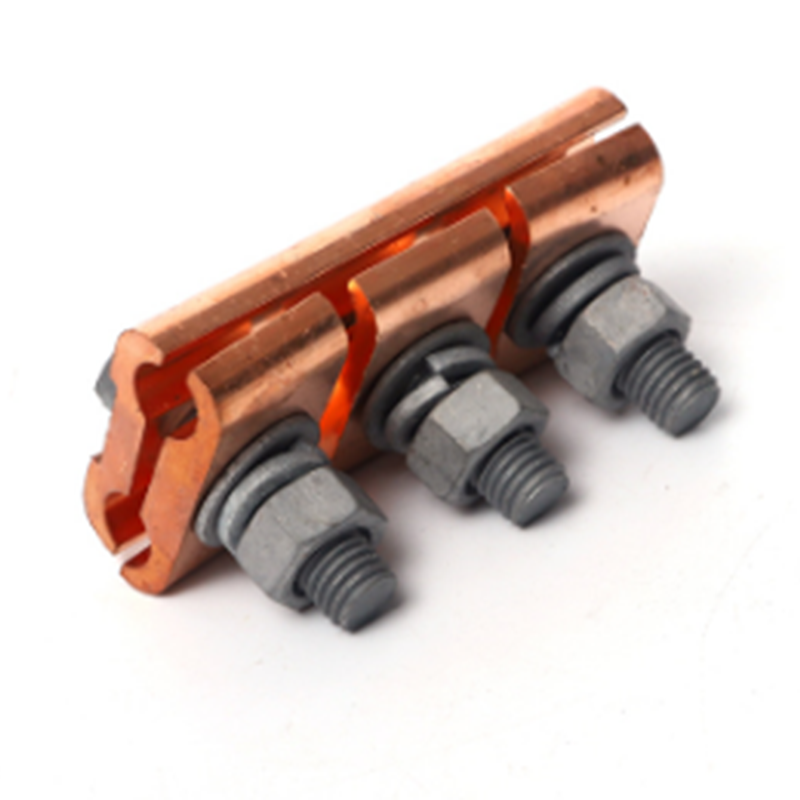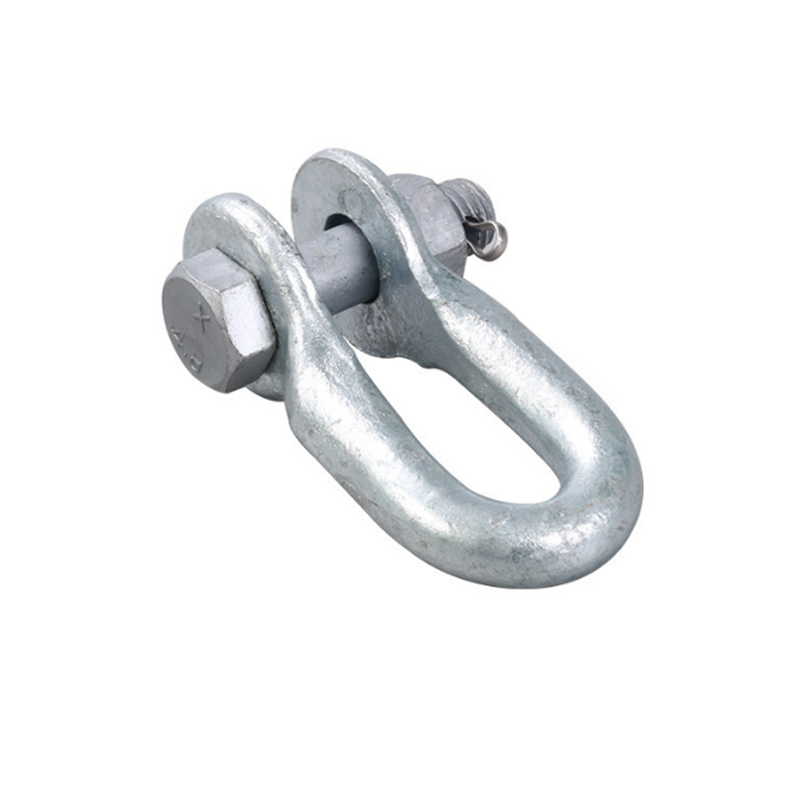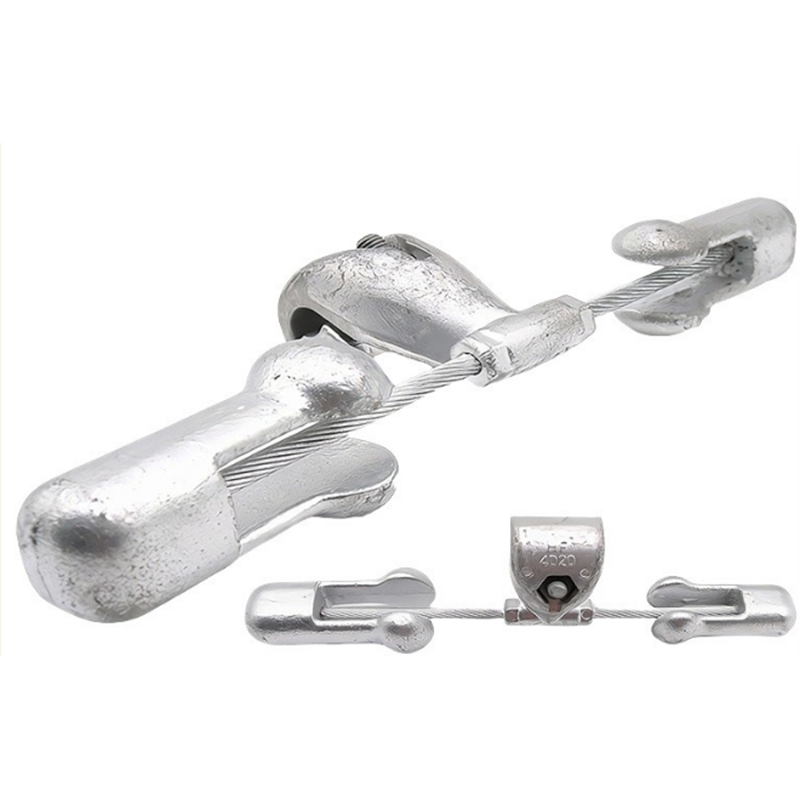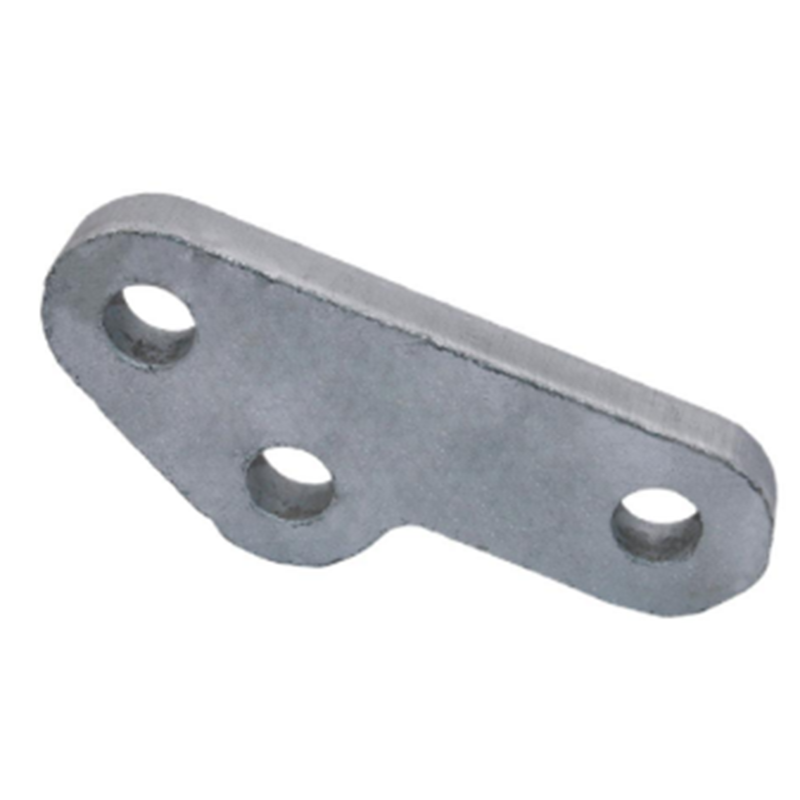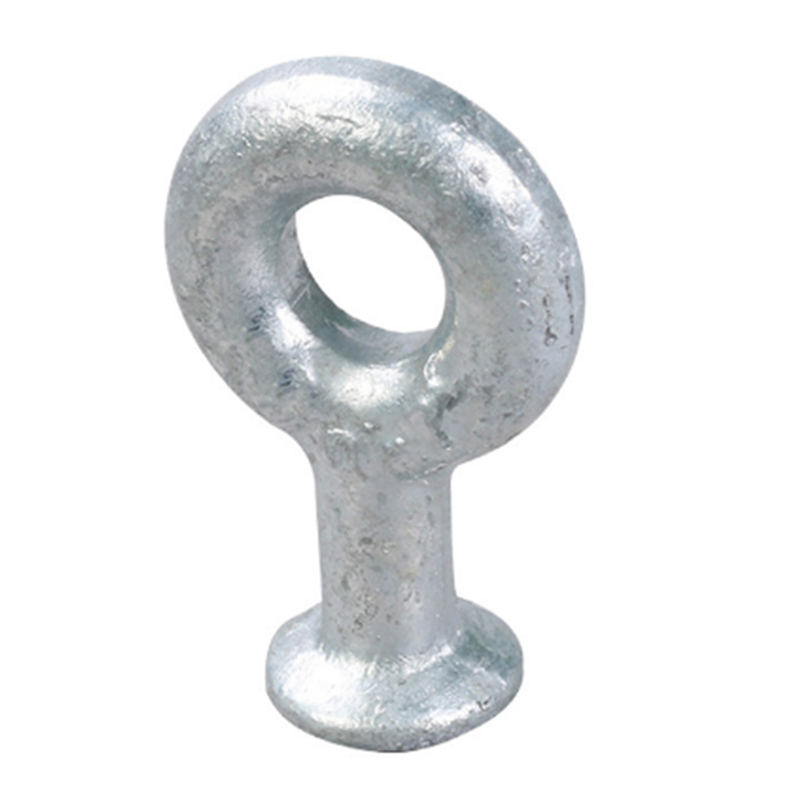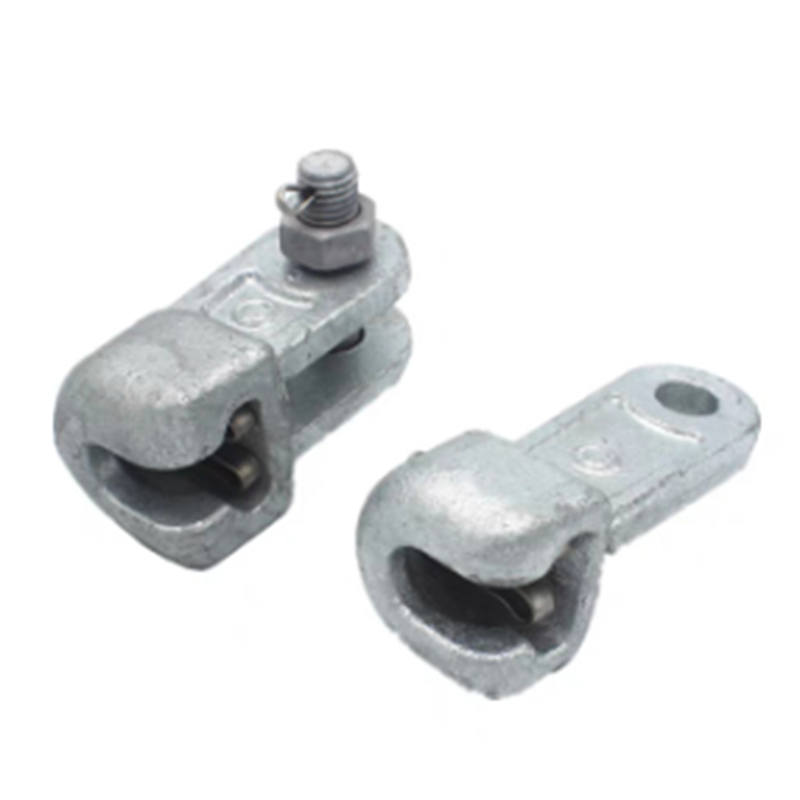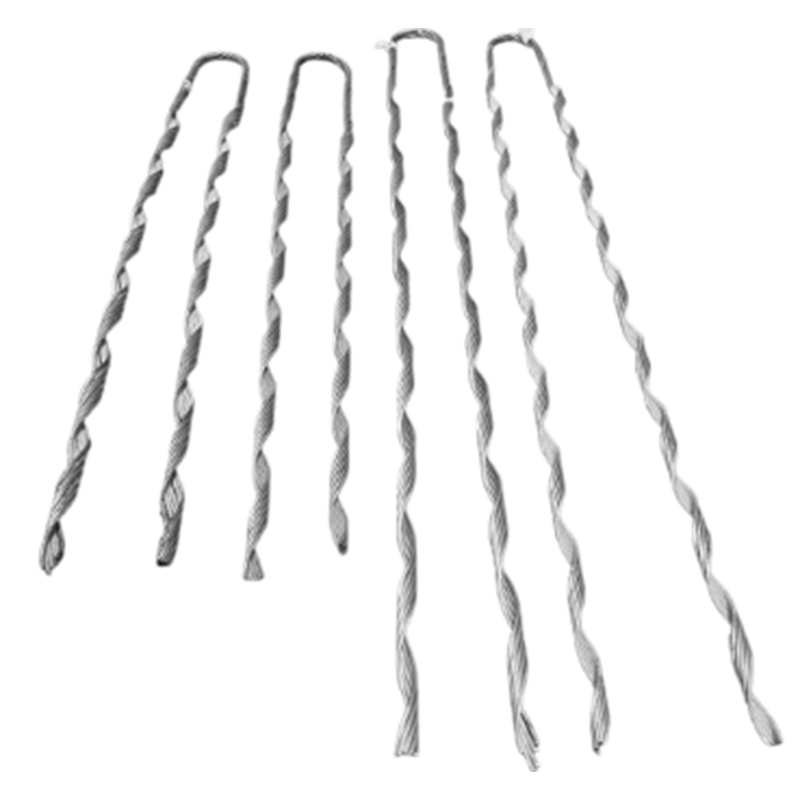- Chinese
- French
- German
- Portuguese
- Spanish
- Russian
- Japanese
- Korean
- Arabic
- Irish
- Greek
- Turkish
- Italian
- Danish
- Romanian
- Indonesian
- Czech
- Afrikaans
- Swedish
- Polish
- Basque
- Catalan
- Esperanto
- Hindi
- Lao
- Albanian
- Amharic
- Armenian
- Azerbaijani
- Belarusian
- Bengali
- Bosnian
- Bulgarian
- Cebuano
- Chichewa
- Corsican
- Croatian
- Dutch
- Estonian
- Filipino
- Finnish
- Frisian
- Galician
- Georgian
- Gujarati
- Haitian
- Hausa
- Hawaiian
- Hebrew
- Hmong
- Hungarian
- Icelandic
- Igbo
- Javanese
- Kannada
- Kazakh
- Khmer
- Kurdish
- Kyrgyz
- Latin
- Latvian
- Lithuanian
- Luxembou..
- Macedonian
- Malagasy
- Malay
- Malayalam
- Maltese
- Maori
- Marathi
- Mongolian
- Burmese
- Nepali
- Norwegian
- Pashto
- Persian
- Punjabi
- Serbian
- Sesotho
- Sinhala
- Slovak
- Slovenian
- Somali
- Samoan
- Scots Gaelic
- Shona
- Sindhi
- Sundanese
- Swahili
- Tajik
- Tamil
- Telugu
- Thai
- Ukrainian
- Urdu
- Uzbek
- Vietnamese
- Welsh
- Xhosa
- Yiddish
- Yoruba
- Zulu
- Kinyarwanda
- Tatar
- Oriya
- Turkmen
- Uyghur

Screws and nuts
The Intricate World of Screws and Nuts: Insights from the Field
If you've ever struggled with a misfit between a screw and a nut, you're not alone. It’s a common problem, yet few realize how much there is to know about these seemingly simple components. Drawing from hands-on experience and industry knowledge, let's delve into the details.
Understanding the Basics
The relationship between screws and nuts seems straightforward: they work together to hold things in place. But choosing the right pair goes beyond just matching sizes. I've witnessed many well-intentioned DIYers frustrated by mismatched threads or incompatible materials, leading to stripped threads or even failure.
One common oversight is ignoring the material. In demanding environments, such as those found in marine or outdoor settings, using stainless steel or treated alloys is a must. However, in areas like the Handan Shengfeng Hardware Fastener Factory, where over 100 specifications are readily available, picking the right material isn’t just about resistance—it's also about ensuring compatibility with other components.
Let’s also not overlook thread types: metric vs. imperial, coarse vs. fine. Many in the industry don’t realize how crucial these distinctions are until something fails on-site. It’s happened to the best of us—ordering parts, assuming they’ll fit, only to find out they’re just a hair off.
The Role of Quality Control
Over at Shengfeng Hardware Fastener Factory, where precision is key, quality control is not taken lightly. Each batch undergoes rigorous testing. I’ve walked the floor and seen how they measure tolerances with exacting precision. It’s an impressive operation, reflecting why sourcing from reputable manufacturers is critical.
In the field, I've often been asked about the best practices for ensuring fit and finish. My answer? Always check the standards. Each project might require adherence to different specifications—DIN, ANSI, or ISO, for example. These details, often overlooked, make all the difference in maintaining structural integrity.
This attention to detail also means testing under real-world conditions. It might sound tedious, but I’ve found it saves countless hours—and headaches—down the line. There’s a reason why experienced installers spend time double-checking everything.
Failures and Fixes
Failure is the best teacher, as the saying goes. My early days in the field were peppered with mistakes—like the time a misjudged load bore twisted a bolt until it snapped. It was an expensive oversight. What I learned was to never underestimate the load requirements or environmental factors.
I vividly recall a project by the coast where salty air corroded untreated screws within months. The fix was painstaking, involving replacing all components with galvanized alternatives. Each failure is a lesson etched in memory, shared to prevent repeat occurrences.
There’s also value in adaptability. Sometimes, the specs change mid-project. Being flexible and having quick access to a variety of fasteners, such as those from Shengfeng’s extensive catalog, can mitigate problems before they escalate.
Innovation in Fasteners
Fastener technology doesn’t stand still. There’s continuous development, even in established fields. I’ve watched as self-tapping screws and lock nuts have evolved, incorporating new materials and designs that enhance performance and ease of use.
Reflecting on visits to factories, including Shengfeng’s, it’s clear that innovation is driven by demand. The more we push the boundaries of application, the more fasteners need to adapt. It’s a thrilling time for those involved in this sector, with advancements ensuring better, more resilient connections.
The old wisdom of consulting with engineers and material specialists holds. These pros often have insights that can transform a standard installation into something that lasts decades without issues.
Final Thoughts
The humble screw and nut aren't as simple as they seem. They’re essential in everything from household furniture to industrial machinery. Understanding their complexities can make the difference between a project’s success and failure.
Whether you're sourcing from a local supplier or exploring the diverse offerings from firms like Shengfeng Hardware Fastener Factory, knowledge is power. In this field, precision, foresight, and a touch of practical wisdom go a long way in achieving top-tier results.
Ultimately, the key is staying informed and engaged with the intricacies of hardware. No matter how familiar you are, there’s always more to learn—the hallmark of a true professional.
Соответствующая продукция
Соответствующая продукция





